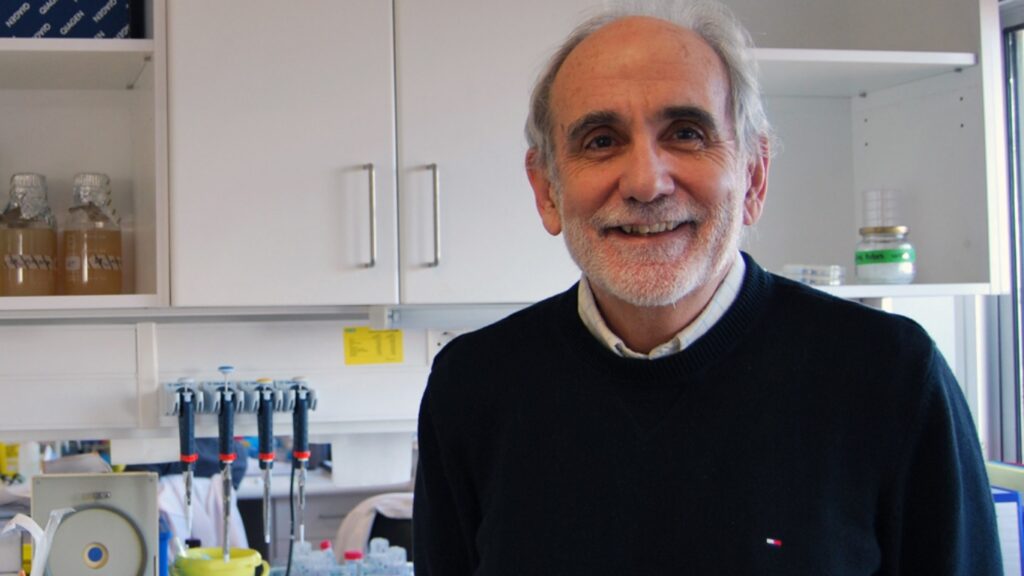Alterations in the formation of ribosomes (the elements of the cell where proteins are made) cause the induction of p53 protein and cell cycle disruption. This process is crucial to understand fundamental biological processes and the emergence of various diseases. Now, scientists at the Bellvitge Biomedical Research Institute (IDIBELL) have found that this response is achieved independently, depending on which subunit of the ribosome (40S and 60S) is impaired, by the joint action of two proteins of the ribosome. The research results are published in the latest issue of the journal Genes and Development.
The p53 protein, produced by the gene of the same name, is a tumour suppressor in humans and other mammals. Half of human tumours have mutations in the p53 gene and alterations of regulators of this gene are present in many other cancers. However, p53 is not only a tumour suppressor but is involved in other cellular processes such as longevity, mitochondrial oxidation and glucose metabolism. Activation of p53 protein due to malfunctions in the formation of ribosomes is associated with several rare diseases that are linked with mutations in components of the cell nucleus.
The study by IDIBELL researchers shows that ribosomal proteins RPL11 and RPL5 cooperate to suppress Hdm2, another protein that regulates the degradation of p53. This causes increased levels of p53 and cell cycle arrest. These results are contrary to previous dogma, claiming that other ribosome proteins could elicit a similar response to RPL11 and RPL5.
The coordinator of the study, George Thomas, director of the research group of Metabolic Diseases and Cancer at IDIBELL explains that the knowledge of this mechanism “may have implications in understanding fundamental processes such as longevity, metabolic diseases or cancer and can provide a basis for developing new drugs.”
Dr. Thomas has recently joined IDIBELL, from the University of Cincinnati, and is recognized by the scientific community as an innovative leader in the field of signal transduction and cell growth control.
The study published in Genes and Development is funded by the Spanish Ministry of Economy and Competitiveness and the Instituto de Salud Carlos III.
Fumagalli S, Ivanenkov VV, Teng T, Thomas G. Suprainduction of p53 by disruption of 40S and 60S ribosome biogenesis leads to the activation of a novel G2/M checkpoint. Genes Dev. 2012 May 15;26(10):1028-40.

